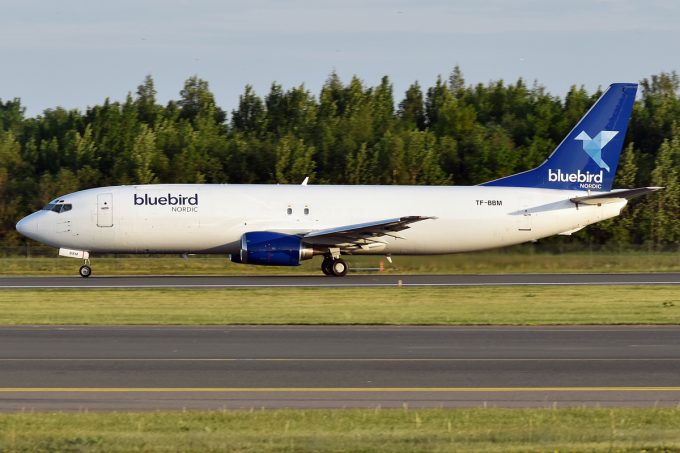ACF Podcast: Tales from TIACA – what are the hot topics?
Host and news reporter Charlotte Goldstone interviews a plethora of supply chain industry experts in ...

Lithuania’s Avia Solutions Group (ASG) seems to be fast becoming something of a behind-the-scenes behemoth in the aviation industry.
Alongside media, digital and training divisions, it is also behind major air cargo companies Chapman Freeborn, Magma Aviation, SmartLynx, AviaAM Leasing and Bluebird Nordic.
It has nearly 10,000 ...
Keep our news independent, by supporting The Loadstar
Red Sea crisis has driven most new capacity into extended Asia-Europe trades
Explosions and 'out-of-control' fire reported on Wan Hai box ship
Carrier price hikes hold, driving spot rates higher as space gets scarcer
Crew forced to abandon ship in latest fire on vessel carrying EVs
The Loadstar Podcast | Transport Logistic and Air Cargo Europe 2025
Asia-West Africa ULCV deployment opens new markets for carriers
Turkish Airlines falls foul of air safety regulations, claims India's aviation authority

Comment on this article